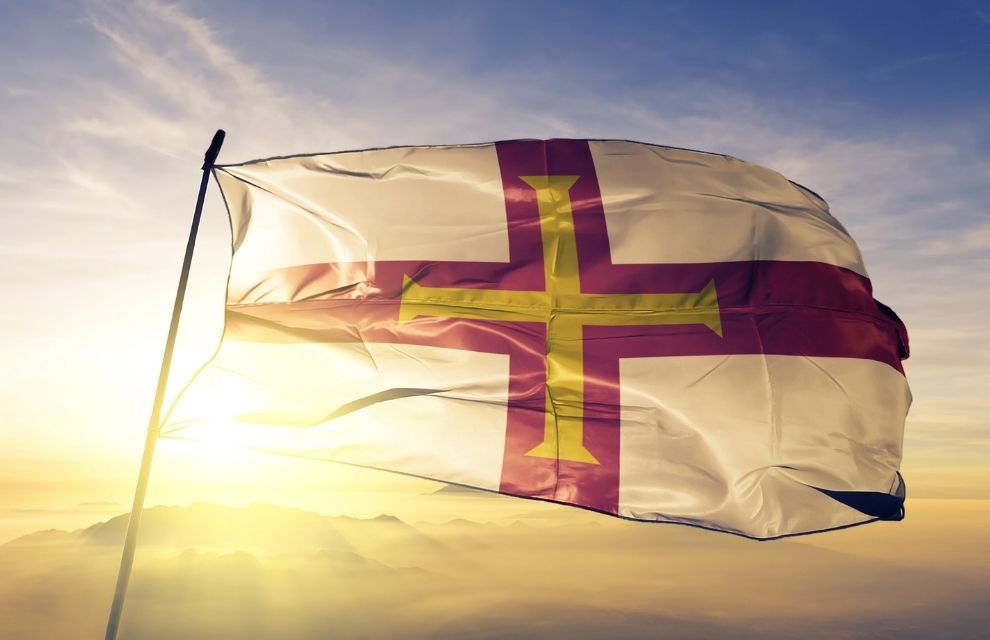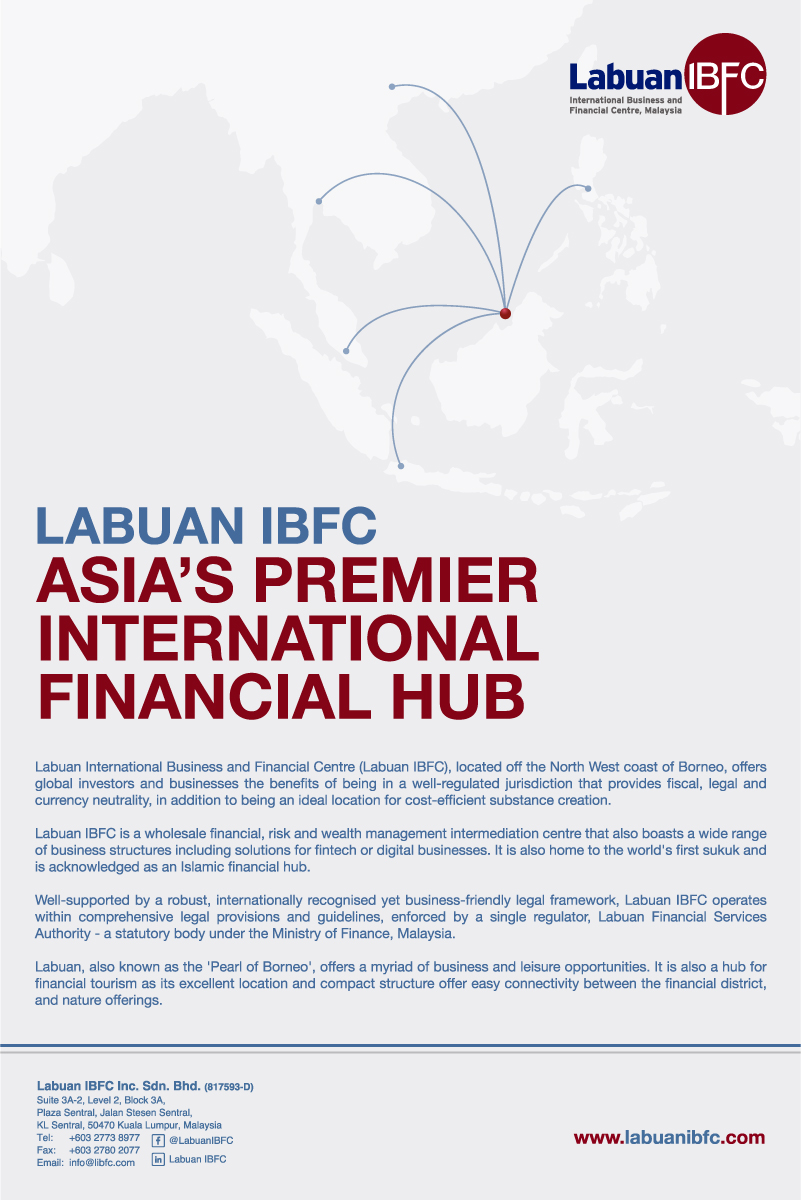The insurance-linked securities (ILS) market of Guernsey has experienced several recent notable world-firsts, as discussed at We are Guernsey’s webinar, ‘ILS Insight: The Origin of Innovation’.
Sponsored by Bedell Cristin, HSBC, Robus Group and The International Stock Exchange (TISE), the webinar examines the landscape of the current ILS market following a recent trend of diversification from catastrophe risks (such as hurricanes and earthquakes) to more regionalised and medium risks, including operational, pandemic and terrorism risks.
Rupert Pleasant, chief executive of Guernsey Finance, began the session by identifying the advantages of Guernsey as a domicile.
“Guernsey has the authority and autonomy to create its own laws, allowing for quick innovation. The government and financial services industry can work together to introduce appropriate laws to ensure they retain their excellent reputation of stability, substance and innovation,” he says.
Mark Helyar, deputy, policy and resources committee, The States of Guernsey, highlights the established reputation of Guernsey in producing innovative products: “I think we have a reputation for innovation, which is particularly important in the ILS sector.”
Adele Gale, director and group head of ILS at Robus Group, notes that Guernsey is also an attractive domicile owing to the recent framework by the Guernsey International Insurance Association, which ensures that environmental, social and governance (ESG) is a significant factor during the underwriting and investment decision-making process by Guernsey insurers in all areas, including ILS transactions, captives, cells and reinsurers.
Pleasant describes ILS as a “hugely attractive weapon in the arsenal of institutional investors and private clients alike”, as an alternative asset class that can provide investors with diversification benefits owing to their low correlation, support of humanitarian efforts and possibility of earning a return.
Notable world-first ILS achievements in the jurisdiction include the launch of a private catastrophe bond, fully Sharia-compliant takaful securitisation, listed blockchain ILS transaction, and approval of a dual-authorised structure to run an ILS fund and an insurer alongside each other.
Guernsey was also the first domicile to introduce protected cell company legislation, which has been used extensively in collateralised reinsurance transactions and provided wider access to the reinsurance market.
“Guernsey can lay claim to several world firsts across global financial services, particularly in the insurance sector. The island is home to the world’s first parametric fuel freight insurance programme and, earlier this year, the world’s first catastrophe bond was launched, covering pure volcanic eruption using a Guernsey-based ILS structure,” Pleasant adds.
The catastrophe bond, billed as the first volcano-only and humanitarian cat bond, was facilitated by Replexus, in which the parametric is triggered by volcanic ash plume height and wind direction.
Cedric Edmonds, founder of Replexus, states in the webinar that Replexus was founded to address some of the issues facing the ILS market, such as late reported losses in collateralised reinsurance books, the shift from illiquid to liquid ILS, and some rated carriers going into run-off.
Edmonds affirms he selected Guernsey as a domicile because of the service providers’ “can-do attitude”, as well as the support of the Guernsey Financial Services Commission (GFSC).
This sentiment was shared by Gus Majed, group CEO and founder of Paratus Group, responsible for the implementation of the parametric fuel freight insurance programme, who selected Guernsey for its potential for innovation and key geography.
Majed affirms, “Innovation is very important, and so the ability to build a trusting relationship with the regulator. It is a demand-pull, rather than supply-push, product, where the clients are asking for a better way to manage their risk so they can concentrate on their primary industry.”
The parametric insurance programme integrates into Paratus’s overarching objective to be at the forefront of the transition to clean energy, while addressing significant market volatility as a result of the hardening market and COVID-19 pandemic.
The hardening market has generated greater interest in alternative risk management, including captives and ILS structures. Captives can be utilised to access customised parametric insurance, and there is a burgeoning relationship between ILS and captives as those in the captive insurance industry require tailor-made ILS solutions as an alternative form of risk financing for a captive’s catastrophic loss exposure.
Pleasant states he is hopeful that the first humanitarian catastrophe bond will be a catalyst for change, while Edmonds says Replexus will be working on more humanitarian and ESG transactions in the pipeline.






